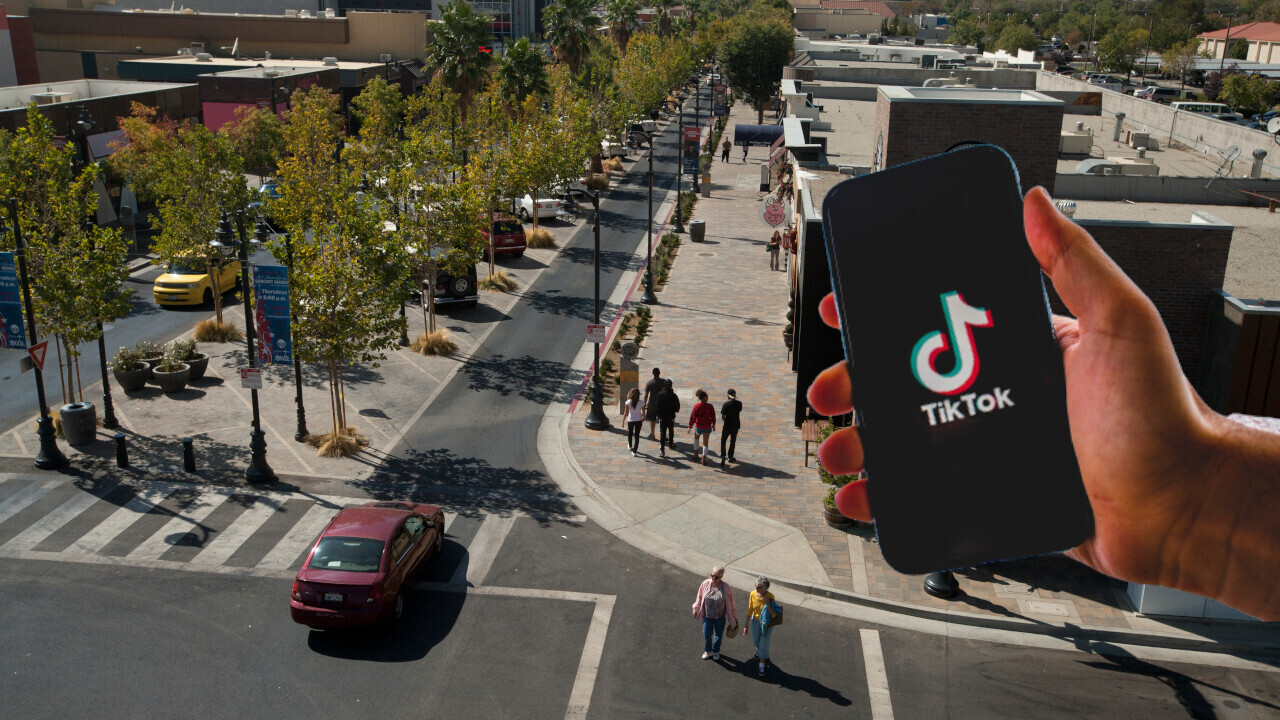
Now don’t get me wrong, cars are great, brilliant even. Offering luxury, flexibility, and comfort, they are the pinnacle of personal transportation. But as towns and cities get busier, and space comes at more of a premium, they don’t mix so well with the humble automobile. Cities full of cars end up not being quite friendly to pedestrians, cyclists, and public transit, and TikTok shows us how.
In an attempt to reconfigure this hierarchy, cities around the world are now reclaiming space previously given to the car, and handing it back to other forms of transport.
Not everyone is pleased about this. Usually, it’s cantankerous car drivers who think they own the road that proclaim giving space to cyclists increases congestion, and removing parking spaces will negatively impact local businesses.
In reality, this isn’t actually what happens. Taking space away from cars and giving it to bikes doesn’t increase congestion, we’ve been building more and more roads in our cities for decades, and congestion is still pretty bad. You build more space for cars, guess what fills them up? Yep, cars.
What’s more, removing parking doesn’t negatively impact business. In fact, creating a safe space for pedestrians and cyclists helps local business, as people are more inclined to wander, browse, and enjoy the area when there are fewer cars ruining the atmosphere.
As Bloomberg pointed out back in 2015, pretty much every study that’s been done on whether removing car parking space negatively impacts local business revenue has found that it doesn’t.
But what does all this actually look like? Talking about reconfiguring roads for bikes and walkers is one thing; what happens when these design philosophies are put into practice? Thankfully, TikTok account TalkingCities is here for us.
@talkingcitiesReply to @gaysexenjoyer ##greenscreen The suburbs can be improved, one of my fave designs ##urbandesign ##urbanplanning ##lancaster ##california ##cities♬ original sound – TalkingCities
As TalkingCities shows us on TikTok, removing space from cars and giving it to pedestrians and cyclists doesn’t negatively impact the local area. In fact, it creates a space that is more welcoming and helps boost the local economy.
The example in the video shows how a sprawling, ugly, dirty ive lane highway that cuts through the middle of a city (in this case Lancaster, California) can be reconfigured to build a space that is enticing enough to bring out nearly one third of the city’s residents for events. Lancaster is home to around 156,000 people, and some 30,000 people attended an event held in a space that was previously just tarmac.
The city spent $11.5 million on the project, and within four years attracted $130 million in private investment, and created $273 million in economic output.
Restructuring Lancaster’s downtown area has brought in nearly 50 new businesses, more than 800 permanent jobs, and 1,100 construction jobs. Three years after the city was restructured, motor vehicle collisions fell by 38%, and injury crashes have fallen by 49%.
So no, removing space for cars, and handing it to cyclists and pedestrians, doesn’t ruin our cities. It makes them more fun, it helps them thrive and become more prosperous, best of all, it makes them safer.
Do EVs excite your electrons? Do ebikes get your wheels spinning? Do self-driving cars get you all charged up?
Then you need the weekly SHIFT newsletter in your life. Click here to sign up.
Get the TNW newsletter
Get the most important tech news in your inbox each week.




